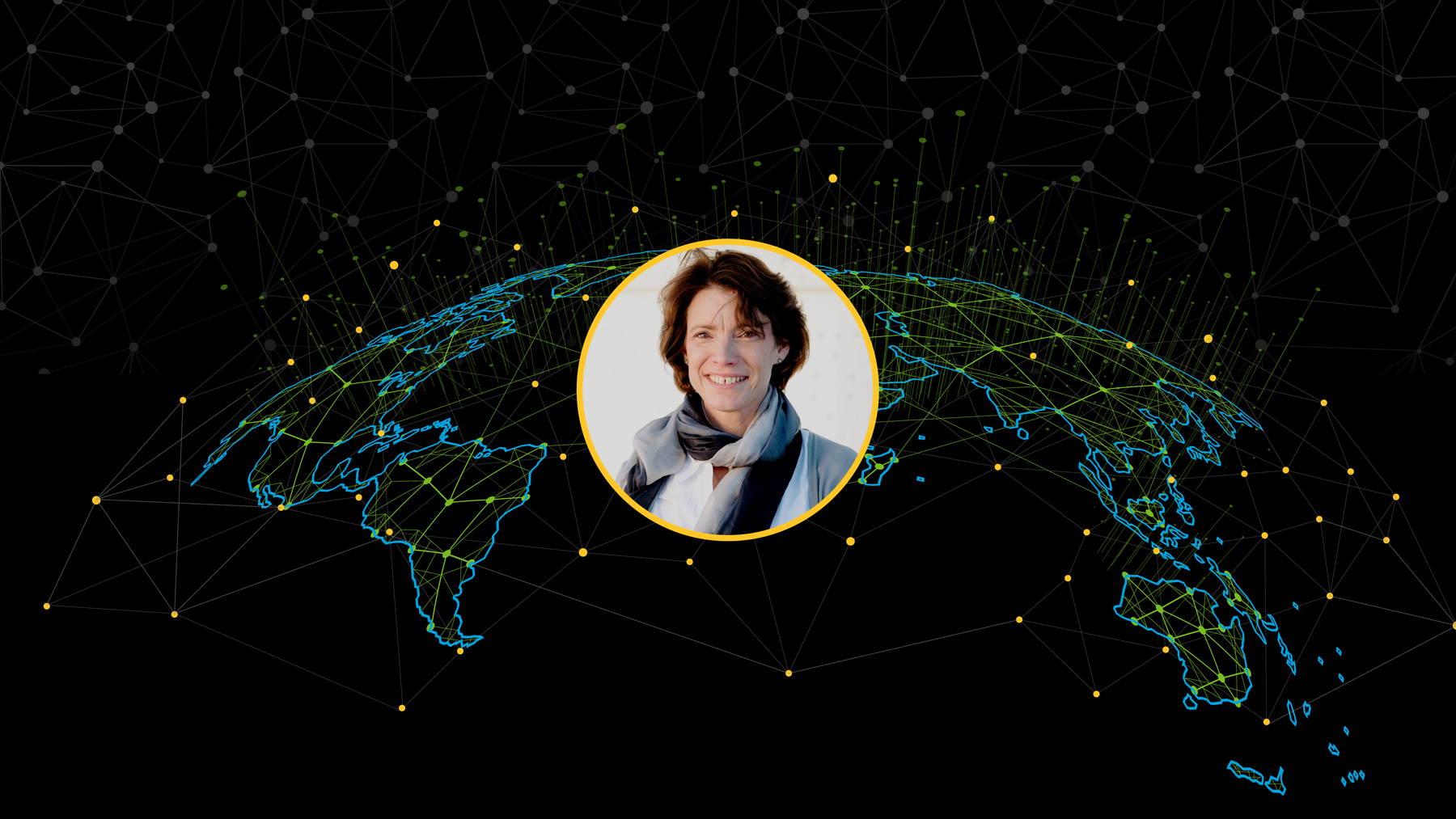
Building a resilient future: How Karen O’Brien inspires climate solutions
Karen O’Brien, a Professor of Human Geography at the University of Oslo and co-founder of cCHANGE, has spent decades addressing the complex realities of climate change. Her approach goes beyond scientific analysis; she focuses on how individual transformation, community engagement and social equity are the foundations of sustainability. By examining how these elements influence climate action, O’Brien seeks to create a comprehensive understanding of how we can build a more resilient future.
In her work through cCHANGE, O’Brien has helped individuals and organizations make meaningful connections between their values and actions, regardless of profession. She believes that when people align what they care about with what they do, they find empowerment beyond their immediate work. “They often realize that they can make a difference across multiple spheres of influence,” she explains.
O’Brien believes that impactful change can arise from even the simplest, everyday interactions. This perspective extends into her educational efforts through initiatives like the “cCHALLENGE,” where she encourages participants to experiment with small, personal changes over a 30-day period. The challenge serves as an entry point for understanding the ripple effect of individual actions and how they affect global grand challenges. O’Brien elaborated, “Students often feel that what they do is small and insignificant, but when they engage with others and reflect on the systems supporting their efforts, they see how these small actions transform cultures and communities.”
O’Brien’s message emphasizes that meaningful engagement and action can occur outside of established environmental organizations like the World Wildlife Fund (WWF). She suggests that individuals can participate in climate action and sustainability efforts within their own communities and everyday situations. For instance, people can support or start community gardens and urban farming initiatives, promoting sustainable agriculture and local food security. Others might join grassroots groups to push for green policies, such as increased green spaces or renewable energy projects. At work or school, individuals can influence sustainable practices by implementing recycling programs and participating in tree-planting events or climate awareness workshops. On a personal level, adopting sustainable habits—such as using public transportation, reducing waste or using renewable energy—can also create ripple effects in the community. O’Brien’s approach highlights these localized efforts as powerful tools for driving broader systems change, showing that impactful action isn’t limited to traditional environmental organizations.
While O’Brien acknowledges the importance of technology in climate adaptation, she is cautious about over-reliance on tech solutions. For her, the key is integrating technology within systems that address the root causes of climate change. She points out the importance of indigenous knowledge as a key foundation, “Rather than integrating these practices, they should be the starting point, guiding us in identifying what works and needs to change,” she argues. O’Brien emphasizes the value of said cultural traditions that offer different ways to relate to the environment. To illustrate how technology and indigenous knowledge can work together, for instance, in coastal communities vulnerable to flooding, indigenous knowledge about local land use, water management and weather patterns can inform early warning systems that utilize modern mobile alerts. By integrating time-tested practices with current technological advancements, communities can develop holistic approaches that not only address immediate risks but also respect and build upon cultural wisdom that has sustained these areas for generations.
However, sharing traditional insight is not the only way to motivate people to get involved. O’Brien emphasizes the need for both knowledge and...a little humor. If she could choose a superpower to combat climate change, it would be the ability to spark “haha” and “aha” moments. She believes bringing levity to these often-heavy topics can help shift perspectives and inspire a push for societal equity and well-being.
Event Info
On October 23, 2024, Karen O’Brien delivered the Elizabeth A. Wentz Distinguished Lecture at Arizona State University’s Walton Center Auditorium on the Tempe campus. The event featured a powerful talk on climate adaptation and transformative change, followed by the 3MT competition presentations, a VIP reception and a book signing with Professor O’Brien.
If you missed it, the full recording of the livestream is available here.
More stories from the Graduate Insider

Graduate education is an adventure
About eighteen months ago, I set out on a journey walking the islands of the Dodecanese during a sailing trip in Türkiye and Greece with several friends. Along the way, I found winding paths, timeless villages and breathtaking views of sea and sky. That experience got me thinking about how adventure shows up in other parts of life, especially in learning.

Finding your flow: Managing the graduate writing process
Graduate writing can feel like a marathon—long, demanding, and full of unexpected detours. But as Tristan Rebe, Program Manager for the Graduate Writing Center, reminded students in the Grad15: Managing the Writing Process webinar, writing is not about perfection—it’s about progress. “The best dissertation is a done dissertation,” Rebe said, quoting Robert Frost: the best way out is through.
